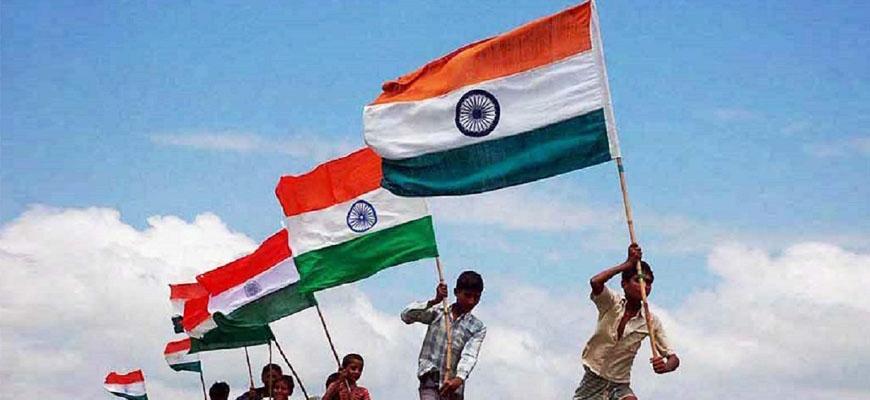Democracy index: More than half of countries face “democratic recession”; India stands at 42nd position
Mumbai, February 17: Since the outset of this decade political analysts have been warning that expansion of freedom and democracy came to a halt. In modern state structure, a large percentage of countries have chosen democracy as a federal structure. But the mere number how many countries are constitutionally democratic never gives the idea how many people across the world are actually enjoying democratic rights. A new report by the Economist Intelligence Unit concludes that less than 5% of the world’s population currently lives in a “full democracy” and nearly a third live under authoritarian rule.

"Democracy is a government by the people in which the supreme power is vested in the people and exercised directly by them or by their elected agents under a free electoral system," constitutions say. A democratic government implies a democratic state but a democratic state does not necessarily mean a democratic govt. A democratic state means is that the community, as a whole, possesses sovereign authority and maintains ultimate controlling and dismissing a government.
Freedom of Speech under attack globally:
Now, it’s very often we hear the news that a journalist has been killed for opening up, activists are detained by the government, human right groups are banned. Basically, these incidents are not disengaged but connected by global phenomena. The annual Democracy Index tracks the health of the world's governments and the results for 2017 are depressing. The index comprises 60 indicators across five broad categories—electoral process and pluralism, the functioning of government, political participation, democratic political culture and civil liberties. Overall, 89 of the 167 countries assessed in 2017 received lower scores than they had in 2016. A decline in media freedoms and curbs on freedom of speech are only one aspect of a broad-based deterioration in the practice of democracy in recent years.
Top 5 and last 5:
Norway remains the most democratic country in the ranking, a position it has held since 2010. If we go through the top 5 list, other nomadic countries including Iceland, Sweden, New Zealand, Denmark acquiree the top 5 chart being placed underfill democracy. Whereas one-third of the countries live under authoritarian rule, countries from Central Africa, Middle East are in gravest situation. Democratic Republic of Congo, Central African Republic, Chad ,Syria, North Korea goes in deseeding order in the chart making the last 5 positions. It is not at all doubtful that Kim Jon’s rule in North Korea is in a bad position from every aspect.
Winner and loser of the year:
The star performer in this year’s Democracy Index, in terms of moving up the rankings, is The Gambia, which was upgraded from an “authoritarian regime” to a “hybrid regime”. It rose rapidly up the rankings from a lowly 143rd to 113th place, after its score improved from 2.91 to 4.06, the biggest improvement of the year. In 2017 The Gambia witnessed its first ever democratic transfer of power, putting an end to 22 years of rule by Yahya Jammeh, a dictator who suppressed political freedoms, centralized powers within his ethnic group and relied heavily on the military to instil fear in the population. Indonesia was the worst-performing country in 2017, falling by 20 places in the global rankings from 48th to 68th position, after its score declined from 6.97 to 6.39.
India and Asia:
Due to political turbulences whole Asia regional average score fell sharply, reflecting a tumultuous year of negative change for many countries. A region that had made rapid progress up the rankings in recent years experienced the biggest decline of all regions between 2016 and our latest assessment for 2017. India’s position also fell down to 42 from 32 reflecting the regional problem in Asia.